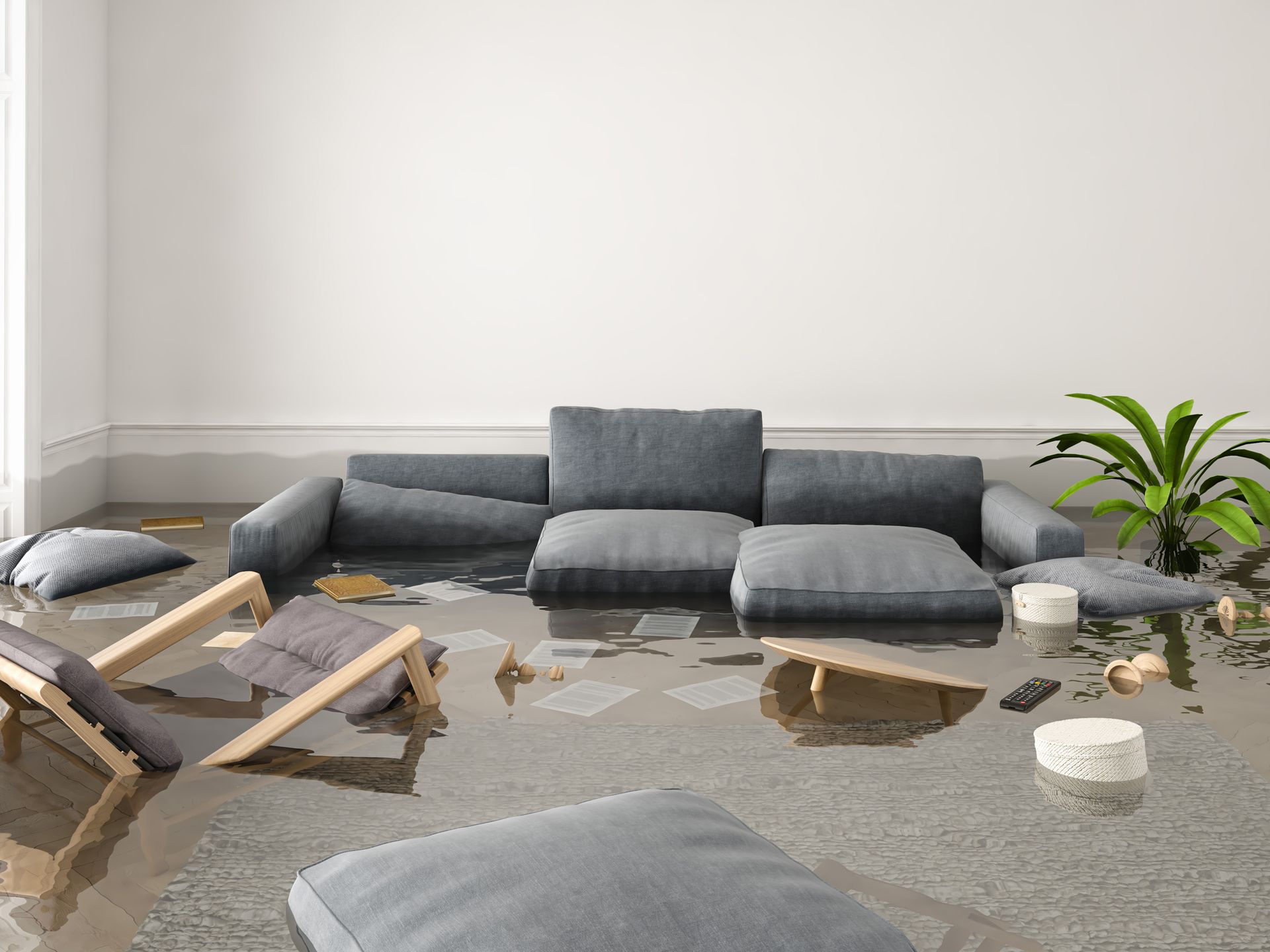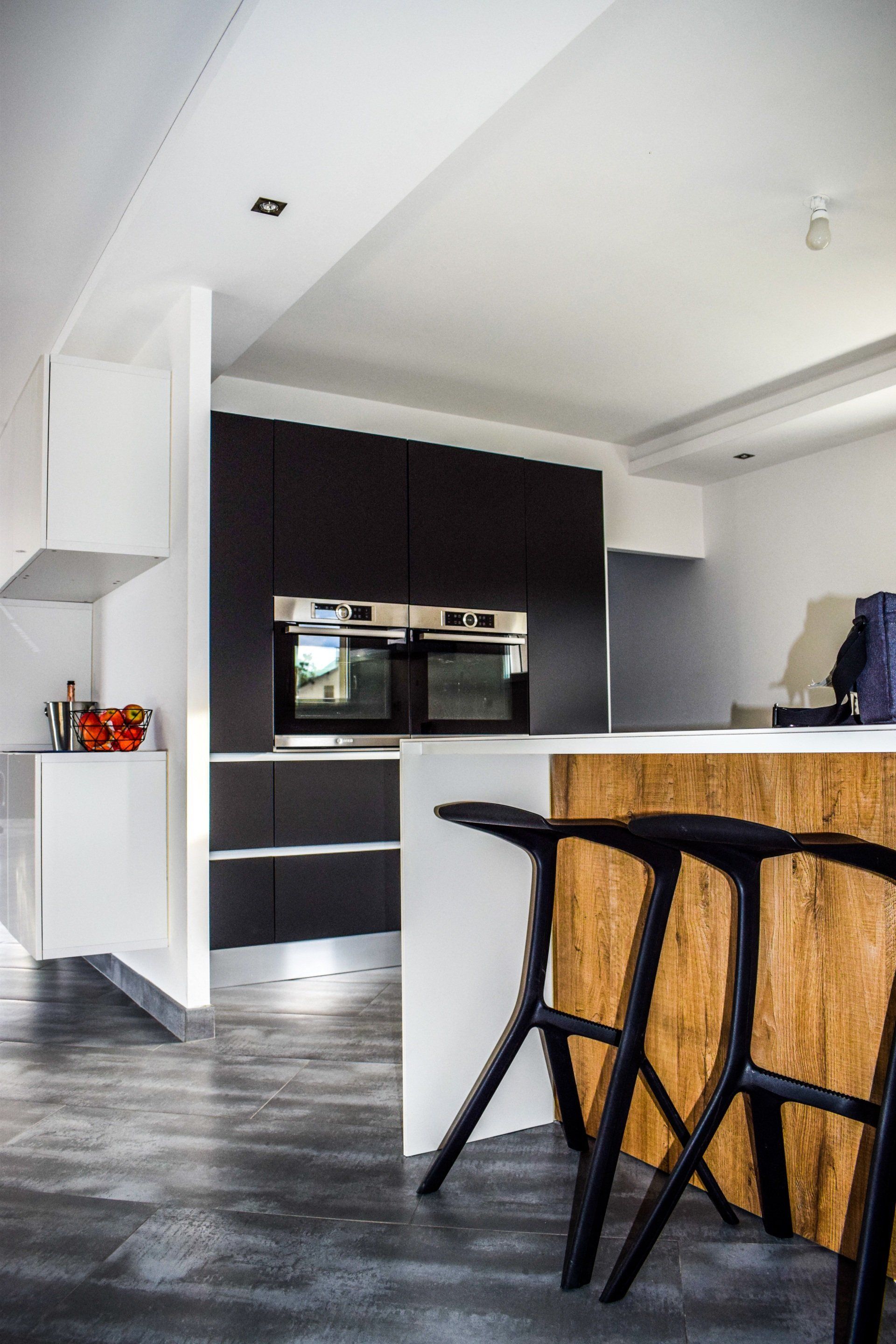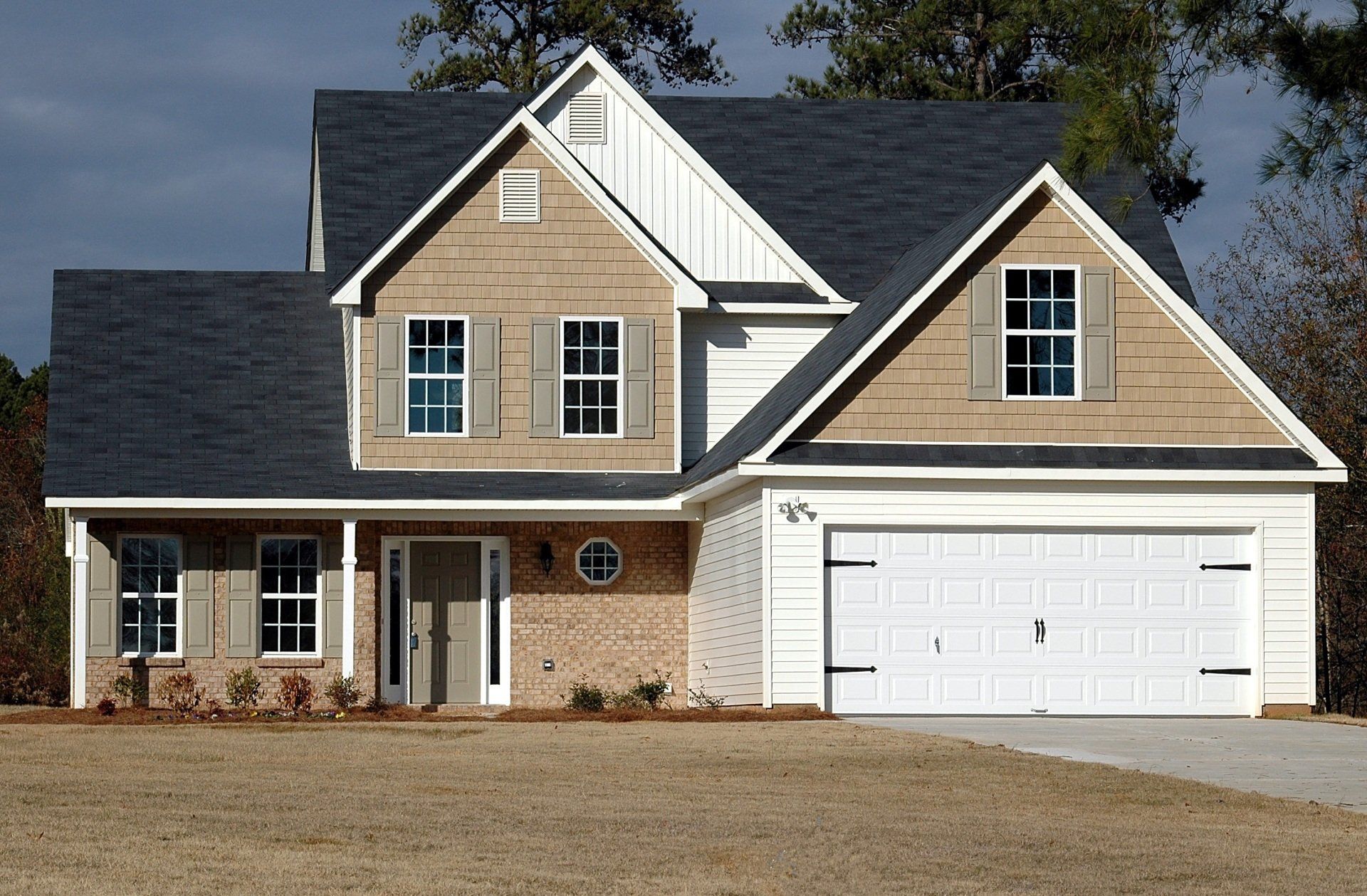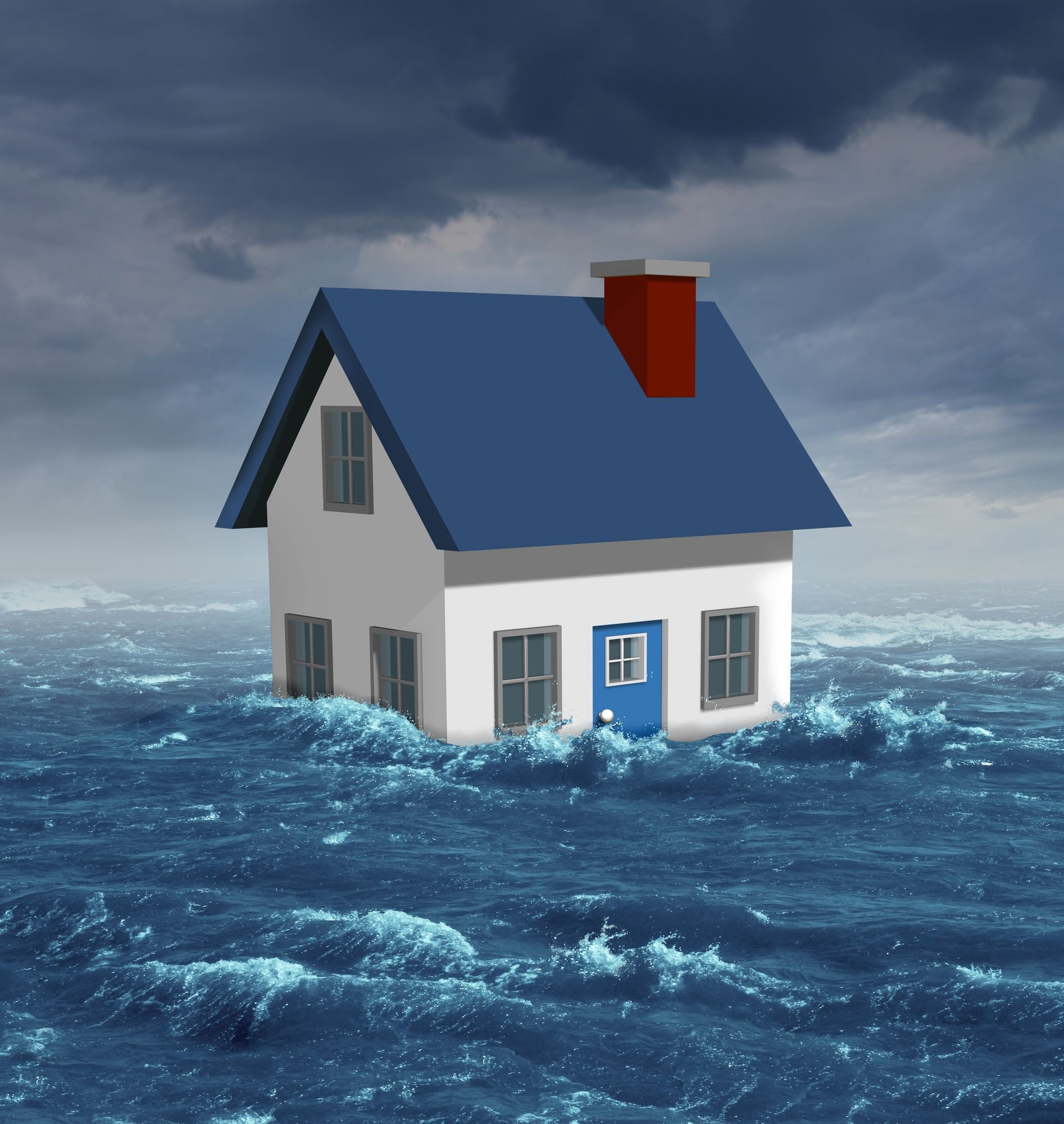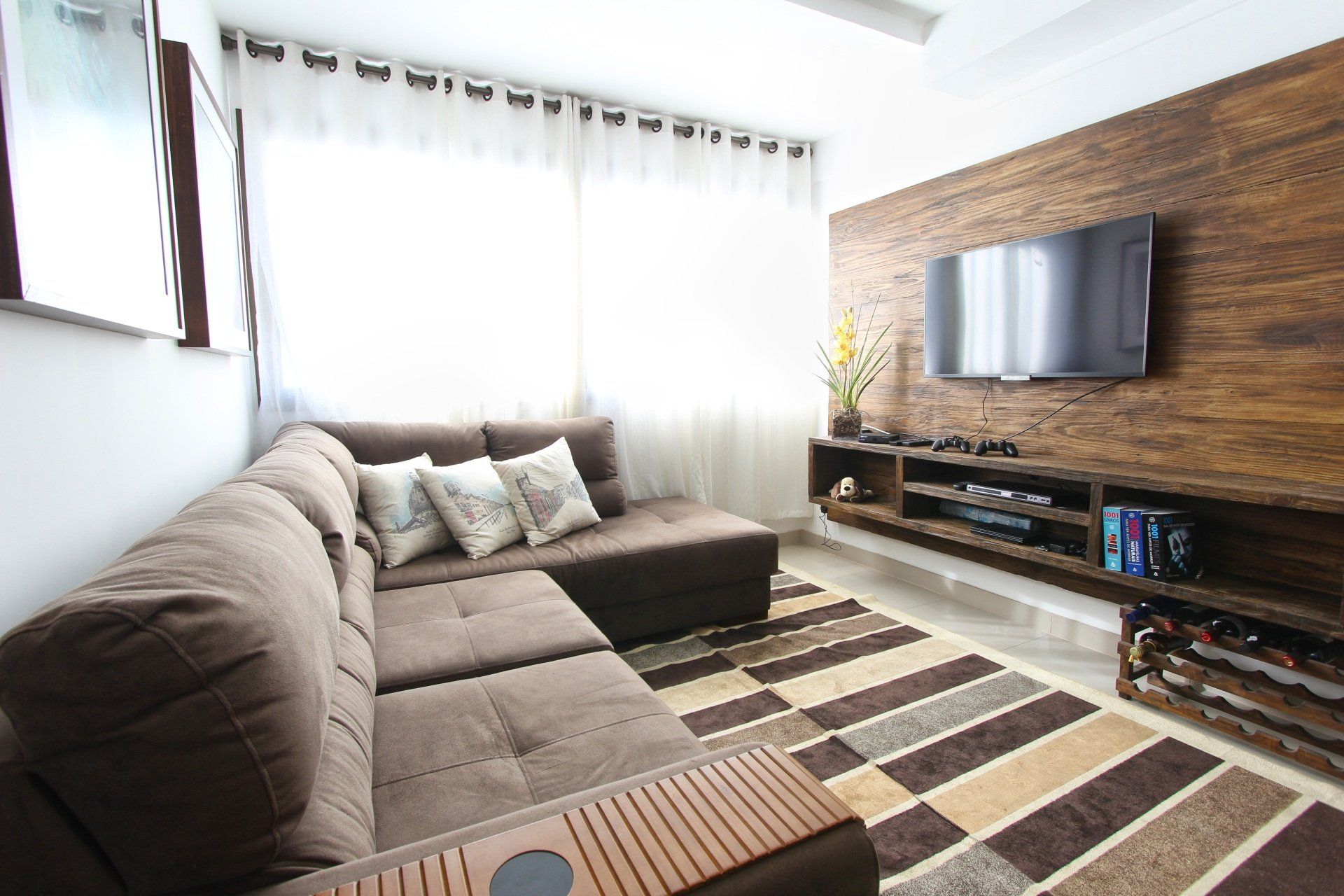The Most Common Damaged Your Homeowners Insurance Does Not Cover
Pro tips from Homeowners Insurance Experts Boise | Home Damages That Could Cost You: What Insurance Exclusions to Look Out For
As homeowners, we are all familiar with the feeling of comfort and security that comes from having a safe place to call home. But when it comes to insurance coverage for our homes, many of us have no idea what is or isn't covered in our policies—until something happens and we’re left paying out of pocket!
We need to be aware of the most common damages to our homes that may not be covered by our homeowner's insurance policy so that we can make sure we’re adequately protected.
It pays to know which types of damage your homeowner's insurance won’t cover. Most people assume their policy covers everything they need it to, but unfortunately this isn’t always true. You don’t want to find yourself in a situation where you’re responsible for costly repairs because your insurer didn’t provide adequate protection against the specific type of damage you experienced.
Common Causes Of Damage Not Covered By Home Insurance
When it comes to home insurance, there are certain damages that may not be covered. These can include
- Flood Damage: Most home insurance policies don't cover flood damage, which can be caused by heavy rain, melting snow, or rising rivers. If you live in an area that is prone to flooding, you may need to buy a separate flood policy to protect your home and belongings.
- Earthquake Damage: Most home insurance policies don't cover damage caused by earthquakes either. If you live in an area that has a lot of earthquakes, you might want to protect your property by getting earthquake insurance.
- Sewer backup: When wastewater from your home's plumbing system backs up into your home, it can damage your floors, walls, and personal belongings. Standard home insurance policies usually don't cover this kind of damage, which is a shame.
- Mold: Some home insurance policies may cover damage caused by mold in certain situations, but most do not cover mold that grows because the house hasn't been cared for or kept up well for a long time. If you have a mold problem in your home, you might have to pay for fixing it.
- Damage from termites: Termites can do a lot of damage to the structure of your home, but most homeowner's insurance policies don't cover this kind of damage. You might need to buy a separate policy for termites or pay for repairs out of your own pocket.
- Wear and Tear: Home insurance policies are meant to cover damage to your home that happens suddenly or by accident, not damage that happens over time because of normal wear and tear. This means that you will probably have to pay for repairs or replacements if your roof starts to leak or if your appliances break down because they are old and have been used a lot.
- Acts of God: Most home insurance policies don't cover damage caused by natural disasters like hurricanes, tornadoes, and wildfires. Depending on where you live, You may need to buy extra insurance for your home to protect it from these kinds of thunderstorms.
It's important to understand what your specific policy covers so you know how much protection you have in the event of major property losses.
What Can You Do To Protect Your Home?
The most common damage to your home that insurance does not cover is preventable. To keep your home safe, you should do things like protect it from the weather and keep up with regular maintenance. By focusing on preventing hazards and making emergency repairs, you can help make it less likely that expensive damage will happen in the future.
Here are some practical preventative measures you can take:
- Weatherproofing:
- Install window sealing strips around windows and doors.
- Check for any holes or cracks in walls, ceilings, floors, and foundations.
- Clean gutters regularly to avoid water buildup on roofs and eaves troughs.
- Home Maintenance:
- Inspect roof shingles periodically for signs of wear and tear.
- Have professional inspections done at least twice a year to check for plumbing issues or electrical problems.
- Trim trees near your home’s exterior to minimize potential damage caused by falling limbs during storms or high winds.
- Hazard Prevention:
- Invest in fire alarms, smoke detectors, carbon monoxide monitors, and other safety features to detect potential dangers early on.
- Store hazardous chemicals far away from living areas in well-ventilated spaces with proper ventilation systems installed where necessary.
By taking these steps, homeowners can make it much less likely that they will lose a lot of money in an unplanned disaster that their insurance won't cover.
Discrepancies Between Policies
There are many reasons why your claim might not be paid, such as differences in the policy and coverage gaps, as well as exclusions, loopholes, and different ways to read the policy.
Even if you think you have found a solution, it could end up being nothing more than a short-term fix that won’t guarantee long-term protection. If you want to ensure complete coverage in case anything happens to your property, then it’s best to thoroughly read over all policies and ask questions before signing any documents.
That way, you'll know exactly what types of damages are—and aren't—covered under your policy so that you don't face any surprises down the line.
What Is The Difference Between An All-Risk Policy And A Named-Perils Policy?
All-Risk Policies
- An all-risk policy, which is also called an open-peril" policy, covers any loss or damage that isn't specifically written out as not being covered. This means that unless the policy says that a certain kind of damage is not covered, it will be. Most of the time, all-risk policies are more thorough and cover more than named-peril policies.
For example, an "all-risk" policy may cover damage caused by fire, theft, vandalism, and water damage, unless the policy specifically says that these things aren't covered. This kind of policy is perfect for homeowners who want to make sure they're covered for a wide range of risks.
Policies with Named-Perils
- On the other hand, a named-perils policy only covers the risks that are listed in the policy. This means that if a certain kind of damage isn't listed in the policy as being covered, it won't be covered. Most of the time, named-peril policies are less expensive than all-risk policies because they cover less.
For instance, a named-perils policy might only cover damage from things like fire, lightning, theft, and windstorms. This kind of policy is perfect for homeowners who want basic coverage at a lower price.
Ultimately, the choice depends on your individual needs and budget constraints, so it's always best to speak with your insurance provider before making any decisions.
What Is The Best Way To Prevent Water Damage To My Home?
When it comes to preventing water damage in your home, prevention is the best strategy. Water damage can be costly and time-consuming to repair, so taking steps now to prevent it will help you save money and headaches down the road. There are several simple yet effective methods for preventing water damage in your home that every homeowner should know about.
One of the most important things you can do when it comes to preventing water damage at home is regularly inspect all plumbing fixtures for signs of leakage or wear and tear. Check under sinks, behind toilets, near washing machines, along gutters, around windows, and anywhere else water could gather. If you notice that your pipes are dripping or leaking, you should have a professional plumber fix them right away. If you don't, the problem could get worse over time.
It's also important to keep an eye on potential sources of flooding, such as heavy rainfalls or overflows from nearby rivers or streams. Keeping your gutters clean and free of debris can help ensure they're working properly when inclement weather strikes and divert large amounts of rainfall away from your foundation walls, which can cause major water damage issues if left unchecked.
Also, putting backflow valves on sewer lines could help prevent sewage backups caused by clogged drains or other things that block the line. Taking these proactive measures today can go a long way towards protecting your home from unexpected water damage tomorrow!
How Can I Make Sure My Home Insurance Covers Natural Disasters?
There are two main types of coverage when it comes to natural disasters: natural disaster coverage and named-peril policies.
Natural disaster coverage is the most complete choice because it usually covers all risks, such as floods, earthquakes, hurricanes, tornadoes, and other extreme weather. Named-peril policies are more limited in scope but still provide some level of protection for specific disasters like fires or windstorms.
First, think about buying an all-risk policy, which will cover losses at your own risk unless they are specifically excluded. Next, look into getting extra endorsements for homes near the coast or in areas where earthquakes happen often. Finally, there are practical, proper prevention methods such as installing storm shutters and reinforcing buildings with hurricane straps on roofs and foundations.
These steps will help protect your property from damage during a natural disaster, and if your insurance company sees them as safety features, they could also lower your rates.
Is There Any Way To Get Coverage For Mold Damage?
When it comes to protecting your home from damage, mold is often overlooked. Understanding the insurance coverage for mold can help you make sure that you’re not left holding the bill if there is a problem. Here are some things to consider when looking into mold damage coverage:
Mold Damage Coverage
- It's important to understand what type of coverage your policy provides in case of mold infestation or water damage resulting in mold growth. Some policies will cover remediation and repair costs related to mold, while others may only cover specific types of damages caused by it. In addition, some insurers may have exclusions which could leave you without any financial support should an issue arise.
- Make sure you ask questions before signing up for a policy so that you know exactly what kind of coverage it offers and whether or not it covers anything related to mold damage.
Insurance Coverage For Mold
- An insurance policy can provide protection against property losses due to water damage caused by plumbing leaks, roof leaks, flooding, burst pipes and other causes leading to the presence of moisture where it does not belong - the ideal environment for mold growth.
- Ask about additional riders or endorsements that might be available as part of your policy specifically designed to protect against potential problems with mould. This could include an extended replacement cost rider which would increase the limit on how much they'll pay out in the event of a claim involving mould-related issues.
Get Homeowners Insurance with Trusted Boise Home & Flood Experts
It’s important for homeowners to understand the difference between an all-risk policy and a named-perils policy, as well as how they can best protect their homes from water damage, natural disasters, and mold infestations.
It also pays to shop around for different policies in order to find one with coverage that meets your needs without breaking the bank. However, it is worth noting that no matter what type of home insurance you purchase, there will still be some damages that are excluded from coverage.
Therefore, it is essential for homeowners to do their research so they fully understand what kind of protection they are getting with their home insurance policy—and just as importantly, what isn’t included in the coverage! Contact
Boise Home Policy and get your estimate today.
Contact Us
We will get back to you as soon as possible.
Please try again later.
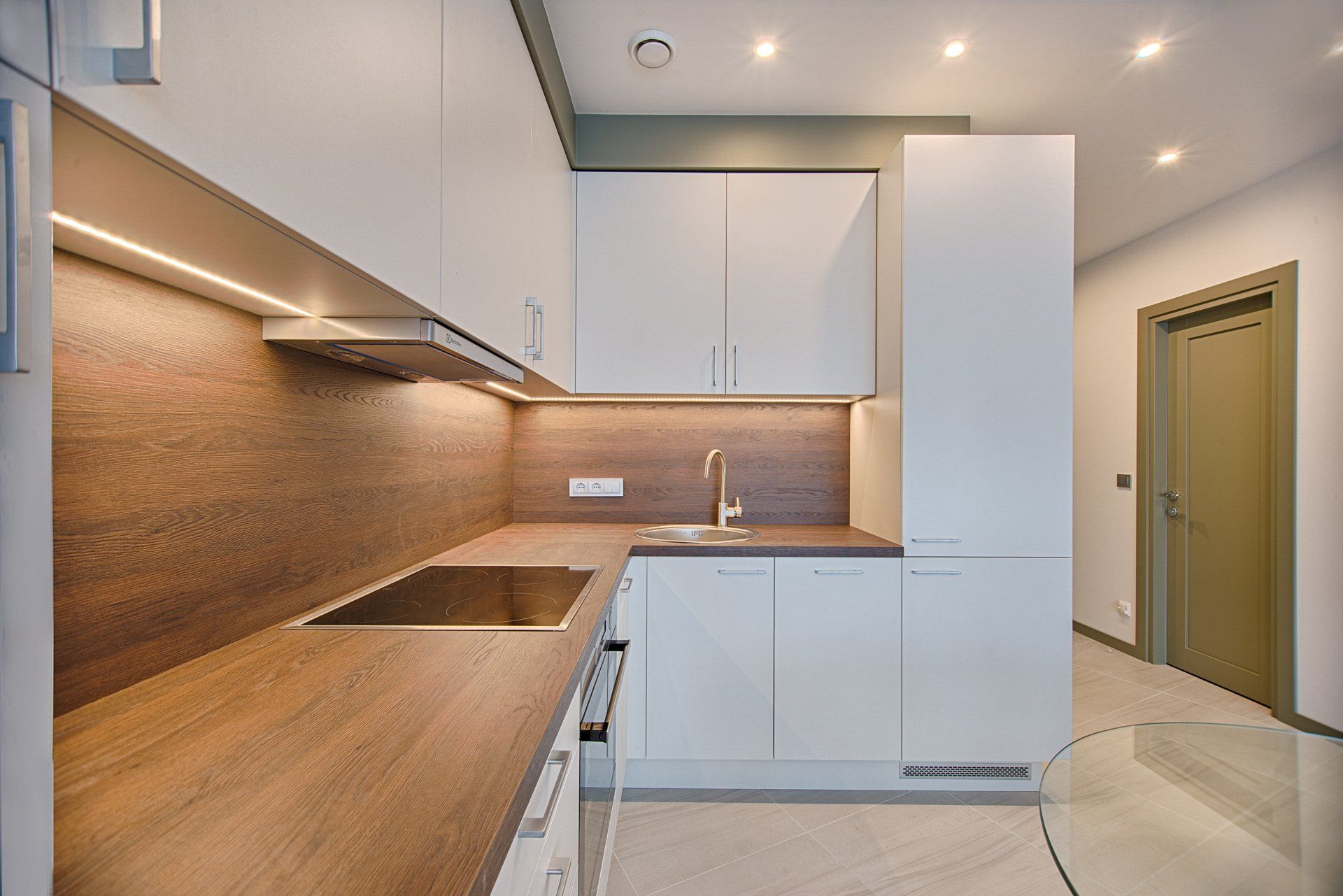
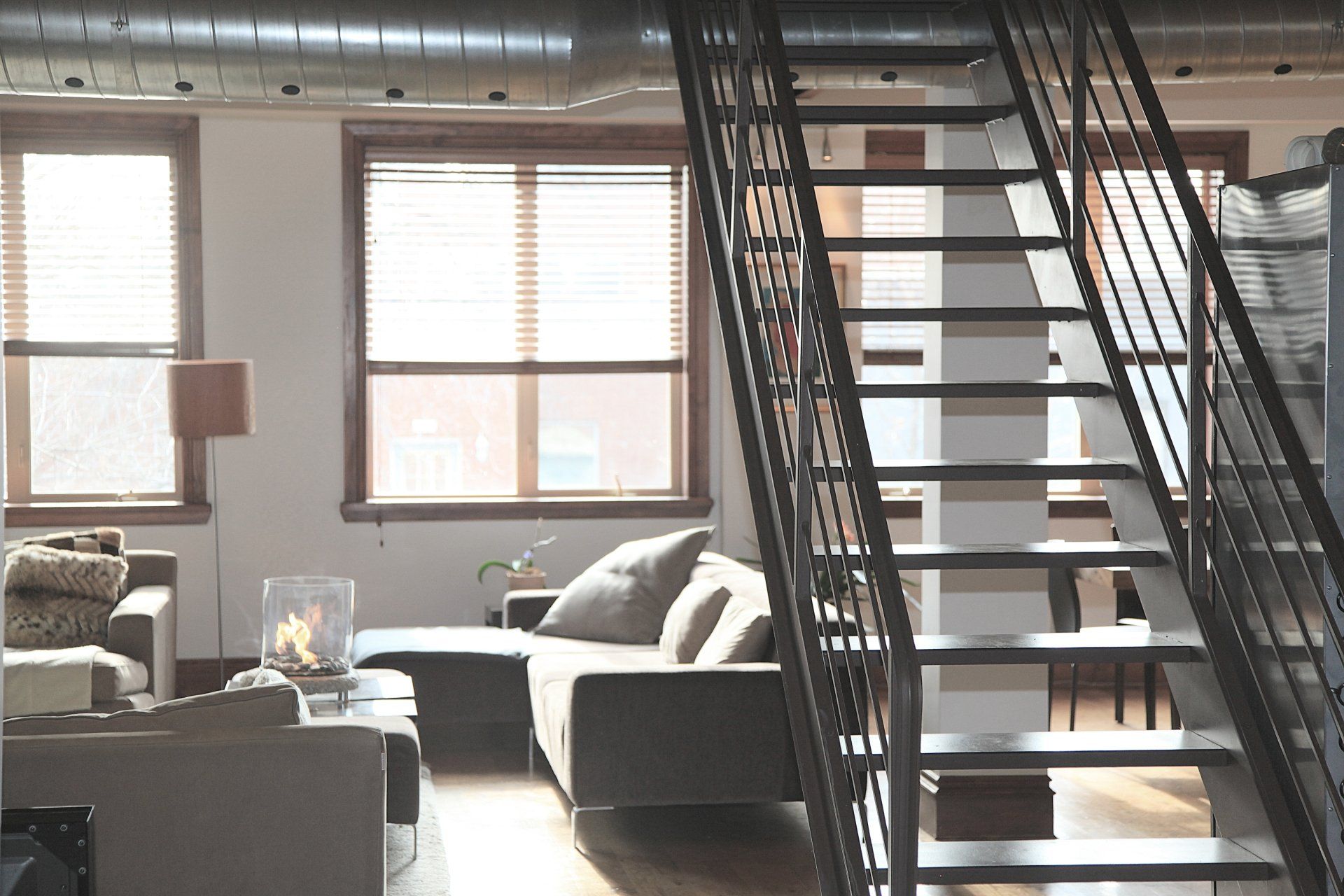
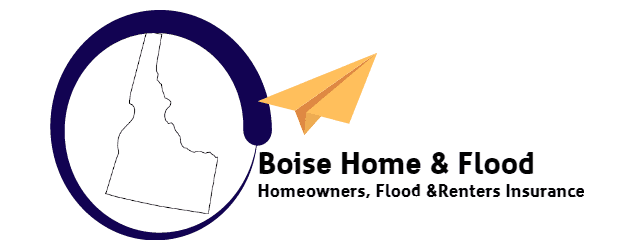
All Rights Reserved | homeinsuranceboiseid.com
Digital Marketing, SEO & Website Design By Mixed Media Leads
